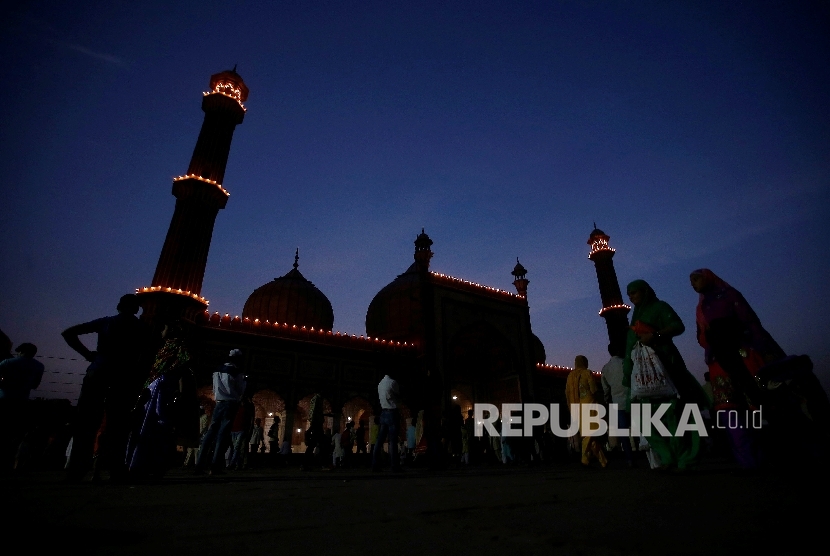REPUBLIKA.CO.ID, JAKARTA -- Director of Islamic Affairs and Syariah Guidance at Ministry of Religious Affairs, Ahmad Juraidi said the survey which mentioned 41 government mosques allegedly spreading radicalism should be discussed first before revealed to the public. The reason, the study only analyzed from the preach that delivered by the preachers.
“Indication of 41 mosques spread radicalism, I think if the source of information only from a person, it must be discussed first by involving agencies and mass organizations first,” said Ahmad on Tuesday.
According to him, even if there are preachers whose the preach contain radicalism, it does not mean the mosque is radical. Ahmad said there are possibilities if the preachers are not well known.
However, Ahmad said usually committee of government mosques are more selective in choosing the preachers. The preacher is scheduled only twice a year to give preach in those mosques. Therefore, it could not be called radical based only on Friday prayer preach analysis.
Nevertheless, in order to make mosques sterile from radicalism, Ministry of Religious Affairs has done guidance to the mosques committee. According to Ahmad, there are routine training and counselling.
Meanwhile, Director General of Islamic Bimas Muhammadiyah Amin said that the circular letter has been sent about the implementation of religious preach to the ministries or institutions. It was an attempt to anticipate the existence of the teachings of radicalism.
The contents of the circular letter, first is ministries/ institutions to give serious attention to the implementation of religious preach in order not to spread preach that are provocative, humiliation, desecration, and hatred that will harm the unity of the nation and the integrity of Indonesia (NKRI). Second, the content of preach should be educating and give enlightenment that leads to good acts, self-improvement, empowerment of the people, the improvement of morality, the improvement of the quality of the worship, the preservation of the environment, the unity of the nation, and the welfare and social justice.
“Third, it doesn’t contradict the racial elements that cause conflict, disrupt harmony, or damage the nation's bond," Amin said.



